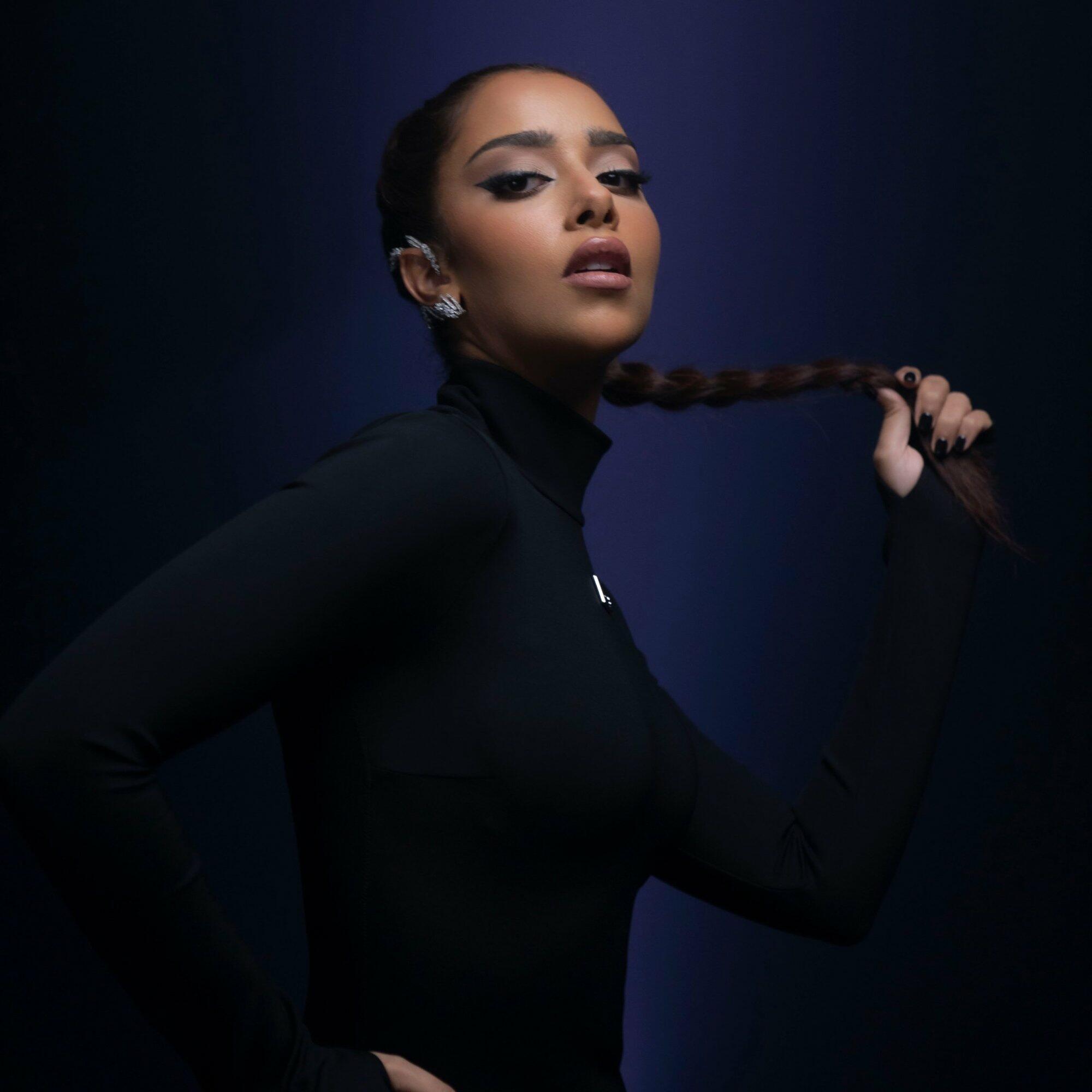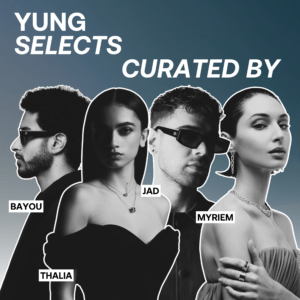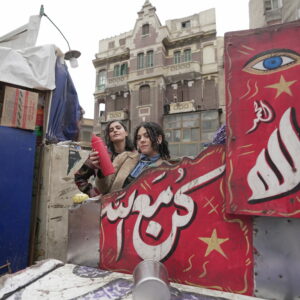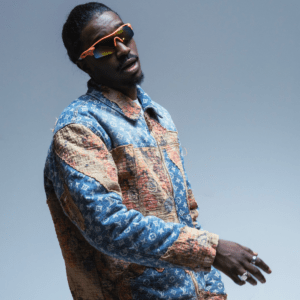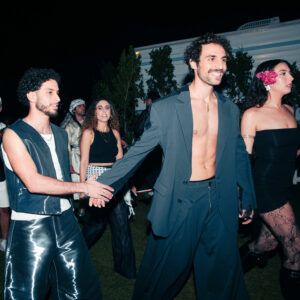From the cosmopolitan allure of Dubai’s bustling streets to the iconic digital screens of New York’s Times Square, one voice sings a tale that is both powerful and profound, ringing with clarity and strength, stretching across continents with effortless ease. That voice belongs to none other than Emirati-Yemeni singer Balqees Fathi (Instagram). Marrying the nostalgia of her Yemeni roots with the modern flair of Emirati culture, Balqees is painting a sonic canvas like no other. From her early days at the Voice of the Gulf Radio to performing on global stages, Balqees has never been one to shy away from the spotlight. Yet, her most recent accolade as the ambassador for Spotify’s Equal Arabia program places her at the vanguard of a movement working to amplify the voices of female Arab artists.
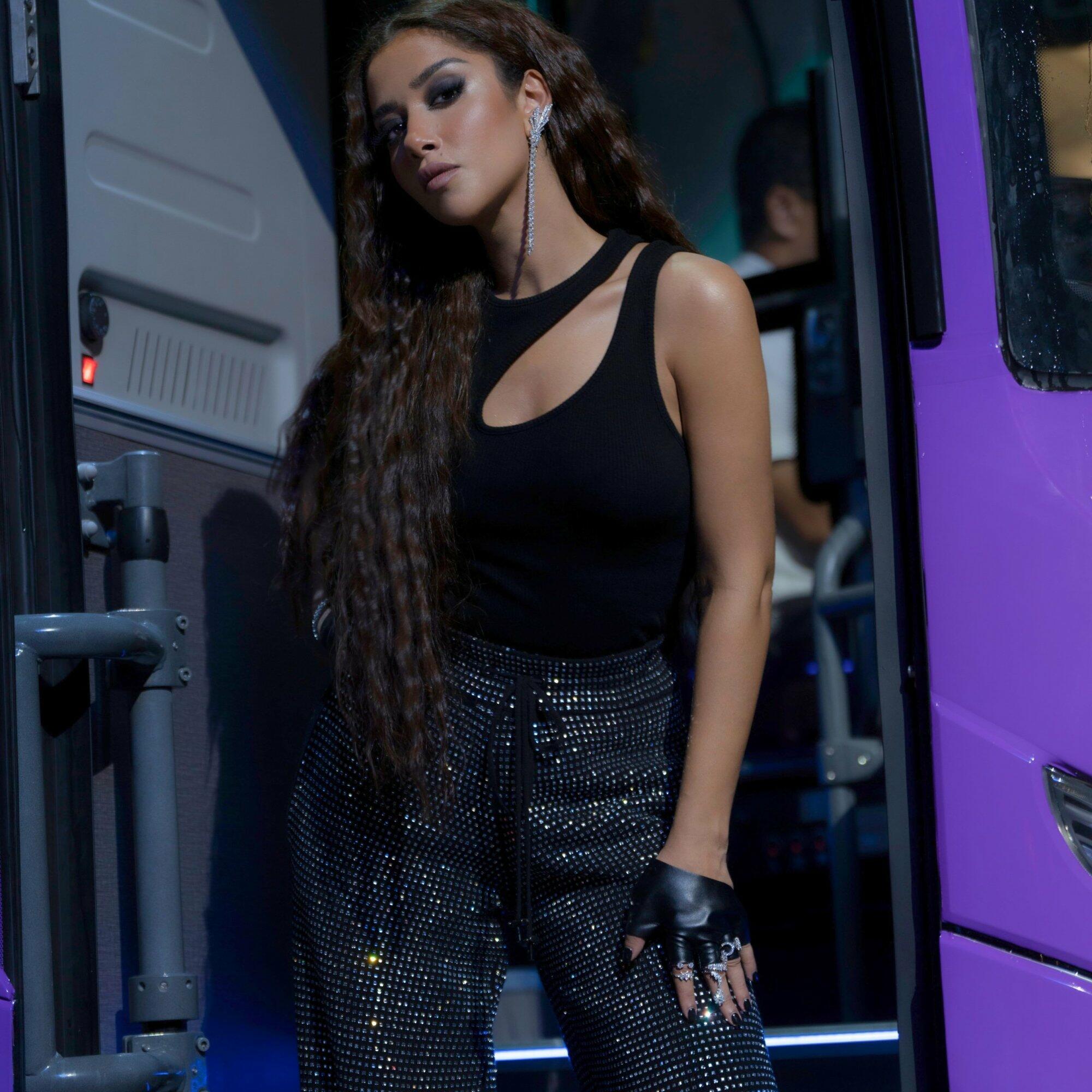
In an industry where visibility often remains elusive for female artists, initiatives such as Spotify Equal have emerged as the harbingers of change. From the beginning, the mission has been clear: amplify female voices, champion their talents and rewrite the narrative of equality in music.
Balqees perfectly encapsulates this mission. “Truthfully,” she shares, “it was my mother who shaped the strong person you see today.” Women have always played pivotal roles in her life, whether it’s her mother, who singlehandedly shouldered the responsibilities of both parents, or her school music teacher, Miss Layla, who believed in her talent when few others did. “Miss Layla,” she recalls fondly, “invested time teaching me more than any would expect for a child of nine or ten.”
For many, the art of music starts as an inkling of passion that develops slowly over time. However, for Balqees, the journey began quite early. “I was the age of seven when my father recognized that I have a talent,” she says. Early recognition of her talent by her father quickly blossomed when, two years later, Miss Layla unearthed the ‘amazing sound’ that was to define her. This encounter led her on a journey of mastering the nuances and intricacies of Arabic dialects, a challenge she embraced wholeheartedly, despite the sacrifices it demanded. Hours of practice quickly began overshadowing academic pursuits, much to her mother’s chagrin. “It started to affect my grades at school,” she recalls. The tug-of-war between school and music was relentless. But her eyes, even back then, were set: “I knew this was my passion. I knew this was the road.”
As she grew, so did her renown. Winning competitions and earning accolades became a routine, her powerful voice entrancing audiences across the world. Over time, she cemented herself as a dominant figure in the Arab music scene, delivering multiple successful albums since her debut album, ‘Majnoun,’ in 2013. Her second album, ‘Zai Ma Ana,’ came two years later and further stoked her popularity. Balqees has also dabbled in acting, participating in the play ‘Al Fares,’ and she has sung sequences for various works of art. In 2022, she was invited to perform “Light the Sky” at the FIFA World Cup in Qatar, which further amplified her international presence.
Along with her musical pursuits, Balqees has always been an ardent advocate for women’s rights, lending her voice and platform to spotlight issues affecting women. Her role as an advocate even earned her a star on the Dubai Stars walkway in 2019.
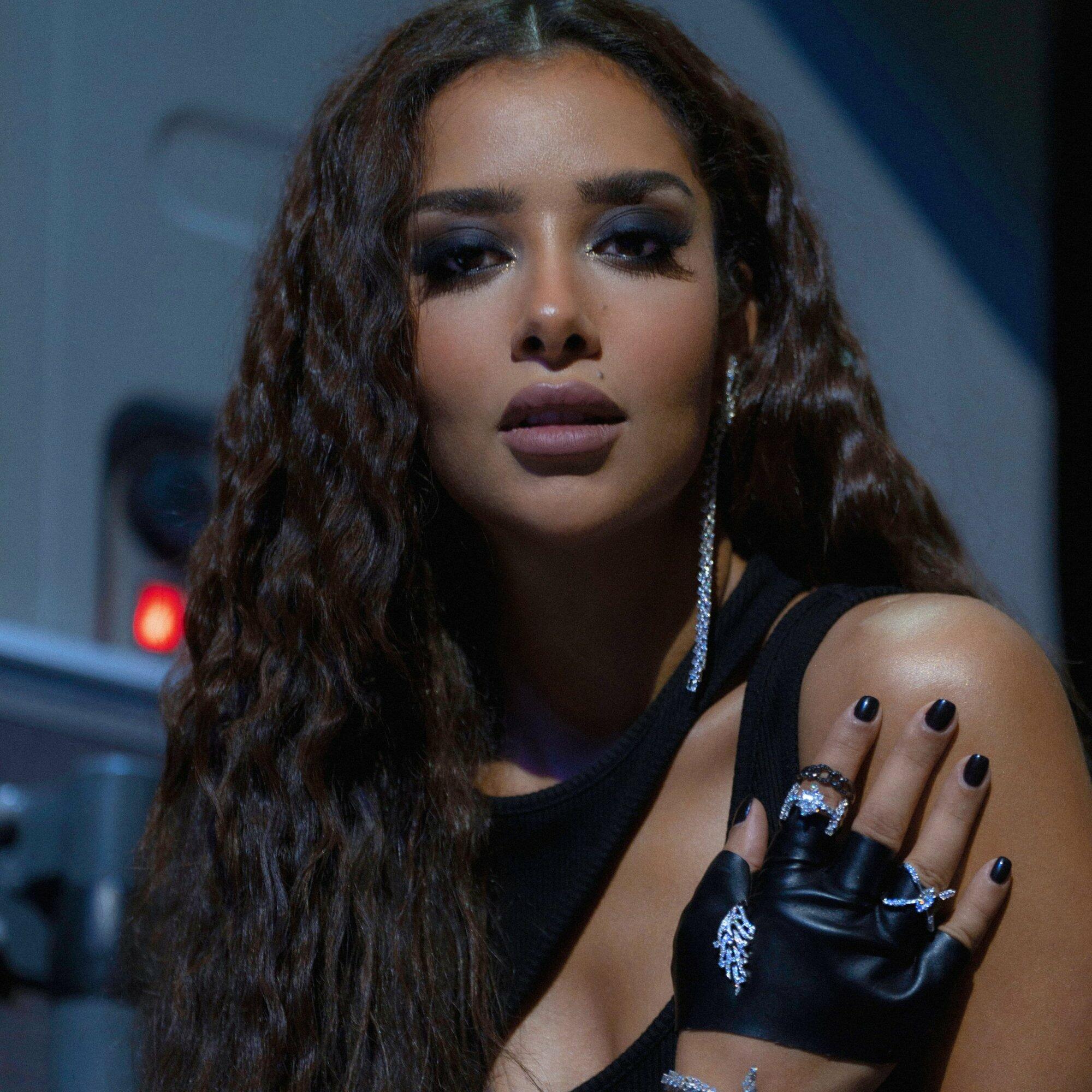
Yet, her career is more than a series of achievements. It is a journey woven with rich cultural experiences. Born and raised in the United Arab Emirates but of Yemeni origin, she draws endlessly from her dual heritage. “When you come from different backgrounds, this immensely affects your understanding of culture and art,” she shares. She speaks fondly of her Yemeni heritage, a land steeped in centuries of art and culture, and juxtaposes it with the UAE’s unique dialect and influences. Stints in Egypt and Lebanon further broadened her artistic palette, allowing her to blend “pop, afro beats, and a diversity of other genres,” thanks to the “confluence of all these different cultures and ideas I experienced in my travels.”
Her professional journey in music started with the Voice of the Gulf Radio. This early exposure to the music industry laid the groundwork for her burgeoning career. Her pseudonymous beginnings as Balqees, a choice made to maintain privacy, resonates with a narrative familiar to many women artists in the Middle East. The voice of Balqees echoed in many hearts, yet her identity remained an enigma. “Everyone was curious,” she says, reflecting on a time when people knew her voice but not her face. “So when we made the debut, they had heard me but they didn’t know how I looked.” This veil of mystery was of her own creation, a way to separate her private life from her career. Her onstage debut was a revelation in more ways than one. It wasn’t just her face that she unveiled, but her deep-rooted beliefs about women’s rights and societal norms.
She’s no stranger to adversity, especially in an industry and region known for its stereotypes and challenges for women. Yet, she remains a staunch advocate for women’s rights, championing equality every step of the way. “I took responsibility on my shoulders since day one,” she says with conviction. Balqees’ commitment to advocacy is evident in her dual mission to not only promote her music, but to also stand as a beacon of hope for millions of women. This advocacy extends to children’s rights as well, with her serving as an ambassador for UNICEF.
This profound sense of responsibility and advocacy found a companion in Spotify Equal. In her latest role as Spotify Equal’s ambassador, Balqees joins a league of powerful women artists determined to bring their unique voices to the global stage. Her vision extends beyond personal milestones. She envisions real, tangible change in the music industry for her fellow female artists, especially from the Arab world. As an ambassador, she represents Arab women’s talent on a global scale, symbolized by her image adorning a billboard in Times Square. As she mentions, “I am honoured to be part of this program,” it’s evident that for her, this recognition is not just personal. It’s a nod to all the female artists and the teams behind them, fighting stereotypes and making their mark on the global musical landscape.
Through curated playlists, promotional support, and a commitment to featuring women’s work prominently, Equal ensures that artists like Balqees are not just heard, but are celebrated. Given the challenges women face in the industry, from gender bias to unequal pay, such platforms can make a significant difference in how female talent is nurtured and recognized, according to Balqees.
Baqlees’ global message is clear as she draws parallels between different music genres and languages. “Music is indeed a universal language,” she states, pointing out how music transcends boundaries and connects hearts, irrespective of language or region. “Today, thanks to social media and global platforms, our Arabic beats resonate with listeners from India to the US. And while we may need subtitles to understand the lyrics of songs from other cultures, the rhythm and melody speak directly to our souls.”
“Because of this initiative,” she reflects, “on Instagram, the second most following country for me is now India.” The program’s outreach is not merely about numbers or followers, though. It symbolizes something much bigger –the breaking of geographical and cultural barriers. Female artists, once confined to local audiences, now have the world as their stage. “Such platforms are essential in giving Middle Eastern female artists the visibility they deserve. My music, and the hard work of the entire female-led team, was on full display at Times Square – a proud moment for all of us,” she shares.
The journey from the classrooms where Miss Layla nurtured her talent, to Times Square in New York where her achievements were celebrated, attests to Balqees’ tenacity and skill. Behind the radiant stage lights and glittering accolades, Balqees remains deeply human. She treasures those women who have been her pillars, commenting on her Times Square moment, she warmly says, “This was a recognition of the whole team and all the women who worked on the campaign, not just me.”
Spotify Equal isn’t just an initiative – it’s something of a revolution. One that champions artists like her, who believe in the power of unity and music to uplift and empower. “It’s important that we all stand together,” she says, “hand-in-hand, to make a mark outside the Middle East.”
As the world eagerly awaits Balqees’ next note, one can’t help but appreciate the symphony of change that’s already unfolding, a symphony where every female voice counts.
For more stories on regional music, visit our dedicated archives.
